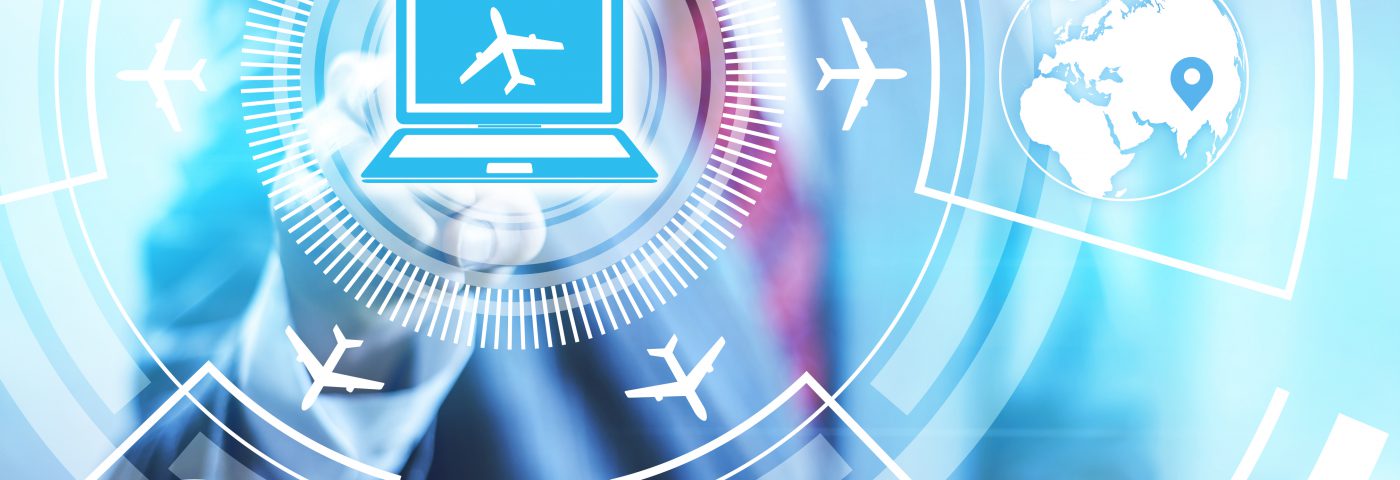Marketers are familiar with the notion of the ‘customer journey’, which maps a route from potential prospect, through closed sale and beyond. In the world of travel of course, this intertwines with the very real journey a customer may be on, involving planes, trains, automobiles and everything in between.
A third journey is that of the travel industry, as it maps a course from paper tickets and mainframe-based reservation systems towards mobile-friendly, digitally augmented service provision. The term digital transformation is banded around without anyone really understanding what it means; yet nobody denies how quickly we are transitioning away from technology being confined to the back-room.
Given this simultaneous lack of clarity and sense of urgency, operators and agencies are quite right to feel a sense of unease about the future: indeed, consulting firms and pundits seem pushed to rub traditional firms’ noses in it, with mantras such as “transform or die.” While this may not be the most helpful advice, a majority agree that a change of thinking is the first priority, based on new business models, customer-centric strategies and innovation-led processes.
As many are finding out however, a leopard that changes its spots is still a leopard. Even as the new breed of online travel agents (OTAs) has changed the relationship between travellers and services by creating a new, intermediary layer, the experience of booking a business trip or vacation is much as it always was.
This isn’t to denigrate how much easier it has become to book a hotel or flight, nor how disruptive the impact has been on established brands. At the same time, based on some of the conversations we are having with speakers in the build up to Travel Forward, it’s clear that this is just the beginning.
Case in point: consider how Vincent Fillon of Air France told me that the goal was no longer mobile (apps), but mobility in its broadest sense. I paraphrase but “delivering services to where the customers are” was the gist. Meanwhile, discussions around ancillary packaging and New Distribution Capability (how’s that for jargon) covered just how early we are in the journey of offering products and services beyond the hotel/flight/hire car/insurance standard packages we see today.
A word often used is “experience” — indeed, this is another of those touchstone terms which means both nothing, and everything. From a customer experience perspective, it refers to interactions with providers; more broadly, traveller experiences encompass delivering what business people and holiday makers want from their physical journeys: peace of mind, a complete break, inspiration and shared joy.
Just as these uses of the term reflect the two traveller journeys, we can think about how travel providers are moving from transactional, to experience-based business models, as reflected by startups such as Secret Escapes or Culture Trip. The shift in corporate thinking is both simple, and profound: as I have written elsewhere, we can all tap into our inner traveller, but at the same time, we need to deliver the platforms and architectures, systems, services and apps to make it happen.
All the same, the real innovation is coming from those thinking about what people want to do, as opposed to where they want to stay or how they want to travel. It is also clear from our conversations how this transition of thinking is taking place in front of our eyes: business advantage is therefore to be had from making the shift faster than the competition.
While the future may be unclear, we can say some things with more certainty: first, how there is still work to be done in terms of enabling access to products and services online, and second, how demand-based business models (presented from a customer perspective) will win over supply-based models. We can make the latter more efficient, saving money as we go, but with the former, the sky is literally the limit.
Register Now to attend Travel Forward
About the author: Jon Collins is the Content Director for Travel Forward. Read more


